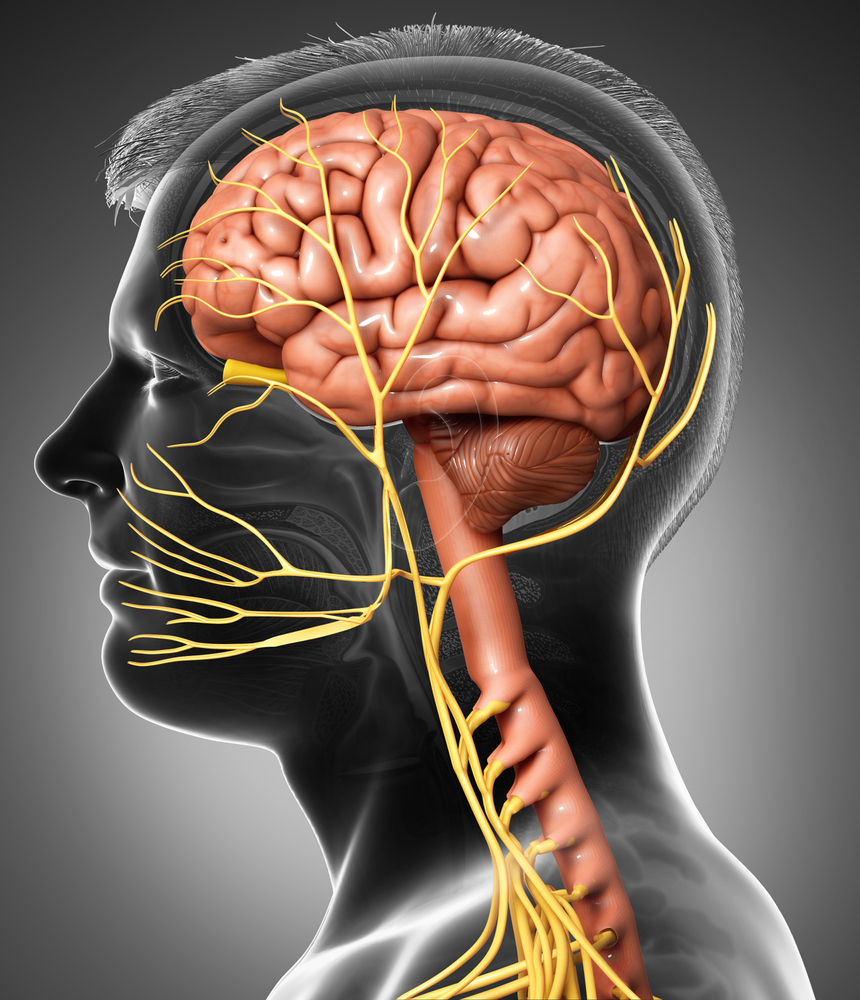
The hypoglossal nerve, also known as cranial nerve XII, plays a critical role in one of the most fundamental functions of our body—controlling the movement of the tongue. This motor nerve is essential for speech, swallowing, and other actions that involve precise tongue coordination. Let’s take a closer look at what the hypoglossal nerve does, its anatomy, and what happens when it’s damaged.
1. What Is the Hypoglossal Nerve?
The hypoglossal nerve is one of the twelve cranial nerves in the body, and its primary function is to supply motor fibers to the muscles of the tongue. Unlike some cranial nerves that have both motor and sensory components, the hypoglossal nerve is a purely motor nerve, meaning it only controls movement and does not carry sensory information.
2. Anatomy of the Hypoglossal Nerve
The hypoglossal nerve originates from the medulla oblongata, a part of the brainstem. It exits the skull through the hypoglossal canal and travels down to innervate most of the muscles of the tongue.
- Extrinsic Muscles: These muscles help move the tongue in various directions, including side-to-side and up-and-down. They are essential for tasks like speaking, chewing, and swallowing.
- Intrinsic Muscles: These muscles alter the shape of the tongue, allowing for fine movements like curling or flattening, which are crucial for articulation and controlling food in the mouth.
3. Functions of the Hypoglossal Nerve
The hypoglossal nerve is responsible for coordinating several key functions:
- Tongue Movement: It controls most of the tongue’s movements, allowing you to speak clearly, chew food, and swallow properly.
- Speech Production: The ability to move the tongue precisely is essential for forming different sounds and words.
- Swallowing: Proper tongue movement is critical for pushing food toward the back of the throat and into the esophagus.
4. What Happens When the Hypoglossal Nerve Is Damaged?
Damage to the hypoglossal nerve can lead to hypoglossal nerve palsy, which can severely affect a person’s ability to speak and swallow. Here are some of the common symptoms of hypoglossal nerve damage:
- Tongue Weakness: A person may experience weakness or paralysis on one side of the tongue. This can cause the tongue to deviate to one side when it is stuck out.
- Speech Difficulties: Without proper tongue control, speech can become slurred and difficult to understand.
- Difficulty Swallowing (Dysphagia): Impaired tongue movement can make it hard to chew and move food to the back of the mouth, leading to problems swallowing.
5. Causes of Hypoglossal Nerve Damage
Damage to the hypoglossal nerve can occur due to several different factors, including:
- Trauma: Injury to the neck or base of the skull can damage the hypoglossal nerve.
- Tumors: Growths in the neck or brainstem can compress the nerve, affecting its function.
- Neurological Diseases: Conditions like multiple sclerosis or amyotrophic lateral sclerosis (ALS) can impact the hypoglossal nerve and its associated muscles.
- Stroke: A stroke affecting the brainstem can disrupt the nerve’s ability to control the tongue.
6. Diagnosing Hypoglossal Nerve Damage
To diagnose hypoglossal nerve damage, doctors may perform a series of tests, including:
- Physical Examination: A doctor will ask the patient to stick out their tongue and observe any deviations or muscle weakness.
- Imaging: MRI or CT scans may be used to check for tumors, trauma, or other conditions affecting the nerve.
- Electromyography (EMG): This test measures the electrical activity of the tongue muscles and can detect any nerve dysfunction.
7. Treatment and Management
Treatment of hypoglossal nerve damage depends on the underlying cause. In many cases, addressing the root issue—such as removing a tumor or managing a neurological disease—can help restore some or all tongue function.
- Speech Therapy: Patients with nerve damage often benefit from speech therapy to improve articulation and swallowing techniques.
- Surgical Intervention: In cases where the nerve is compressed or damaged due to a tumor, surgery may be necessary to relieve pressure on the nerve.
- Physical Therapy: Tongue exercises may be recommended to help strengthen the remaining muscle function.
Conclusion
The hypoglossal nerve may be small, but it plays a huge role in our daily lives, affecting how we speak, eat, and swallow. Damage to this nerve can have a significant impact, but with the right diagnosis and treatment, many patients can regain functionality. If you’re experiencing difficulty with tongue movement or related symptoms, consult with a healthcare professional to explore your treatment options.
